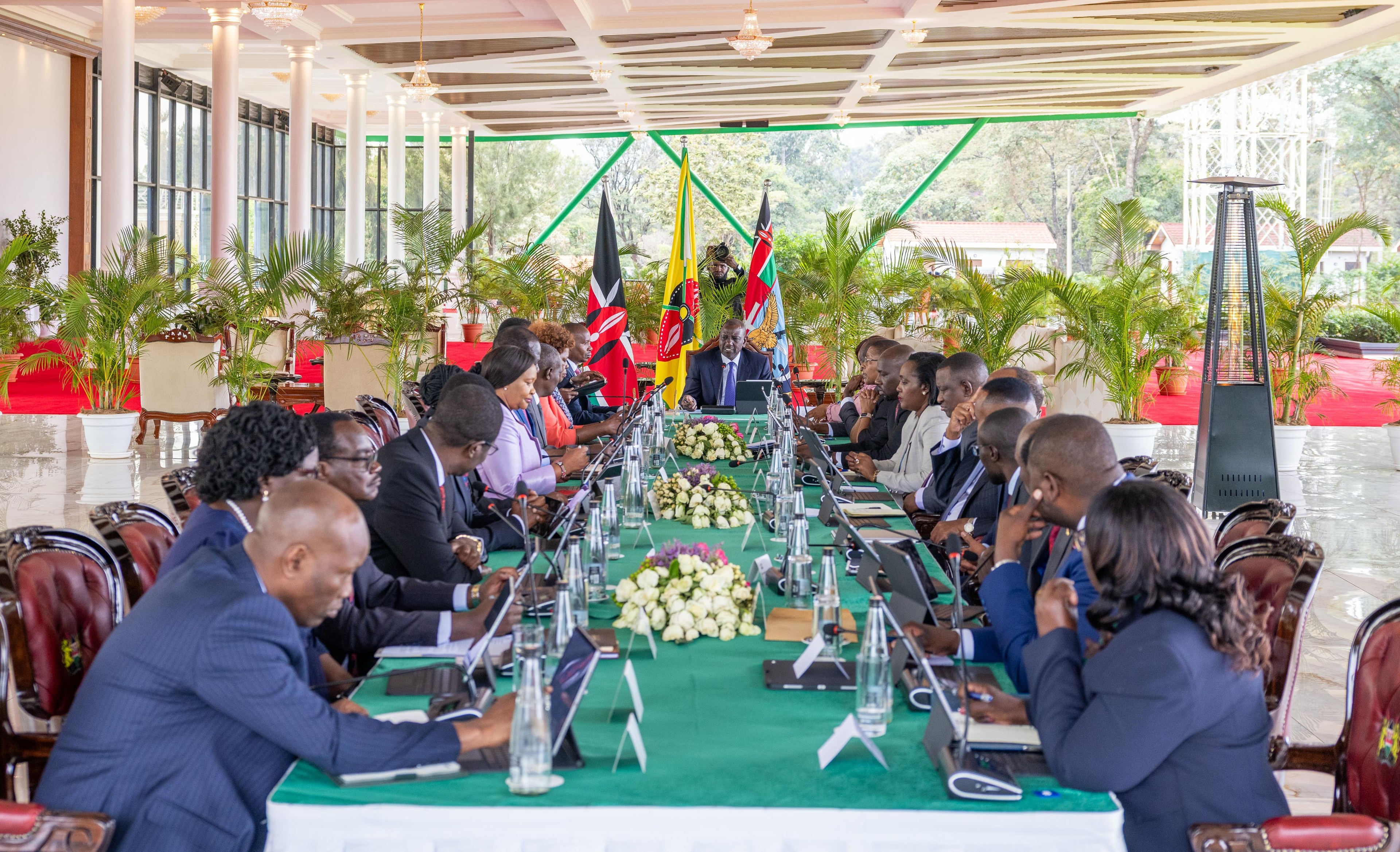Since the Covid-19 pandemic outbreak, there has been a lot of outcry for a solution.
One of the hottest topics around Covid-19 was the need for a vaccine, which has since been developed and now being rolled out.
Since mid-February, seven different vaccines have been rolled out across the world, with vulnerable sectors of the community being prioritised for vaccination.
But although a safe and effective vaccine holds the greatest promise for ending the pandemic, across the globe hesitancy to accept vaccines remains common. Nationally, a situational report by the Ministry of Health shows that only two per cent in every 100 Kenyans has been vaccinated.
In Kenya, the government is giving the vaccines free of charge, and is aiming to vaccinate at least 10 million adults by the end of the year.
As of August 17, a total of 2,154,825 vaccines had been administered across the country. Of these, total first doses are 1,393,905, while second doses are 760,920. The proportion of adults fully vaccinated now stands at 2.8 per cent.
A 2020 Africa CDC survey in 15 countries found that while 79 per cent of respondents would take a Covid-19 jab, vaccine hesitancy ranged from four to 38 per cent because of widespread concerns about safety, side effects, and effectiveness.
The World Health Organization has outlined three “C’s” that contribute to vaccinate hesitancy: complacency, convenience, and confidence. We could also add a fourth: culture.
As the pandemic continues, getting the vaccine is a powerful step in taking charge of your health. The development of the vaccines did not cut corners on testing for safety and efficacy.
The government and WHO have assured that the vaccines were developed through process that have been tested over many years.
As the old saying goes, make hay while the sun shines.
It’s time for real soul-searching about the Covid-19 vaccine. If you’ve ever received vaccines for chickenpox, flu, hepatitis A and B, measles, mumps, polio, rotavirus, rubella, tetanus or whooping cough, and have been safe from those illnesses, it is the miracle of science.
Widespread acceptance of Covid-19 vaccines is crucial for achieving sufficient immunization coverage to end the pandemic. Stopping a pandemic requires using all the available tools.
Wearing masks and social distancing help reduce your chance of being exposed to the virus or spreading it to others, but these measures are not enough. Vaccines work with your immune system, so it will be ready to fight the virus if you are exposed.
By themselves, the vaccines cannot shorten the pandemic, but they will enable us to progress to a new normal without the current strict restrictions in 2021. They can only work when communities agree to receive them. As more people continue to receive the vaccine, we might reach herd immunity, which means the spread of the virus becomes unlikely. It’s important we all receive the vaccine to help us achieve this public health goal.
The combination of getting vaccinated and following the Ministry of Health recommendations to protect yourself and others provides the best protection from Covid-19.
Ending the Covid-19 pandemic will halt the growing negative impact the virus is having on education, the economy, healthcare, and countless other activities of a functioning society.
And, even if you are vaccinated, you should continue to wear a mask, wash your hands and practice physically distancing until the pandemic is over.
Judy Sirima is a communications officer at Pharmacy & Poisons Board













